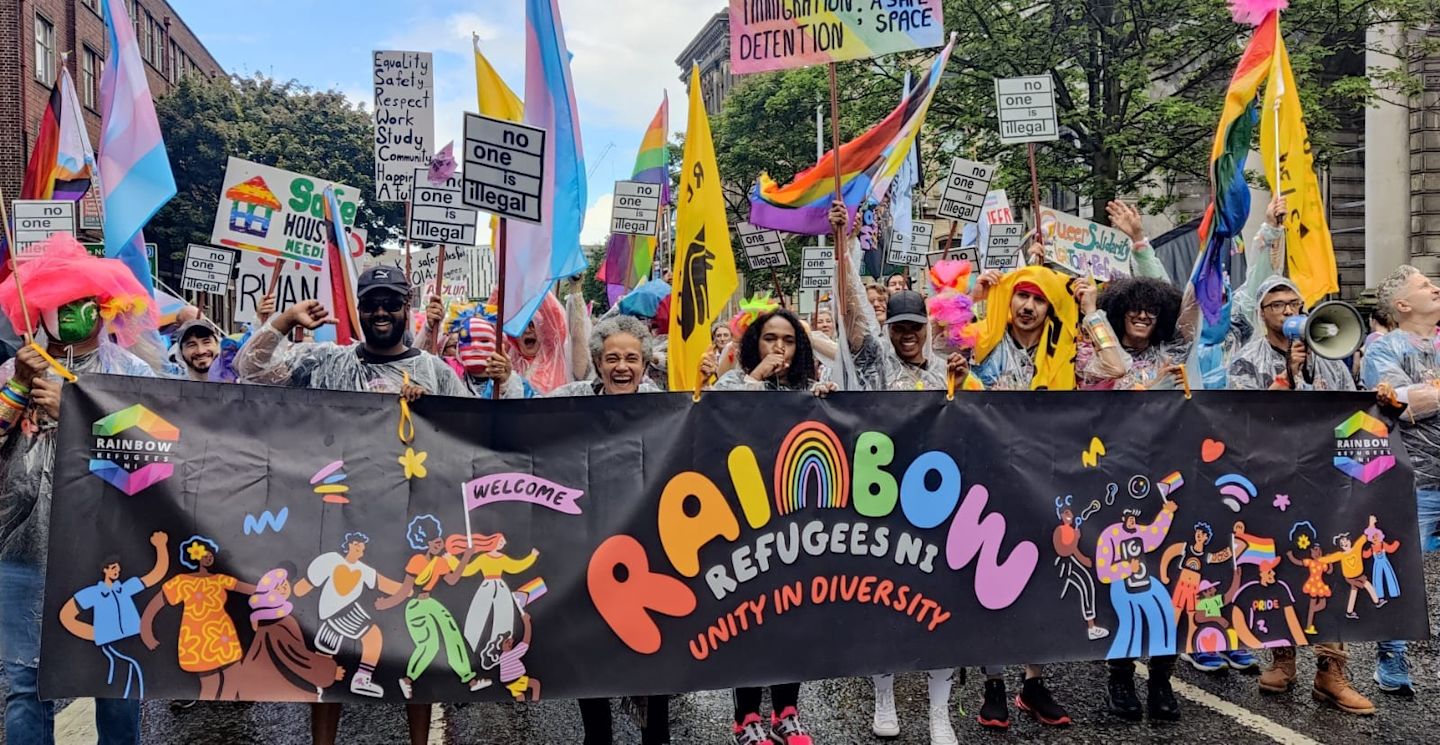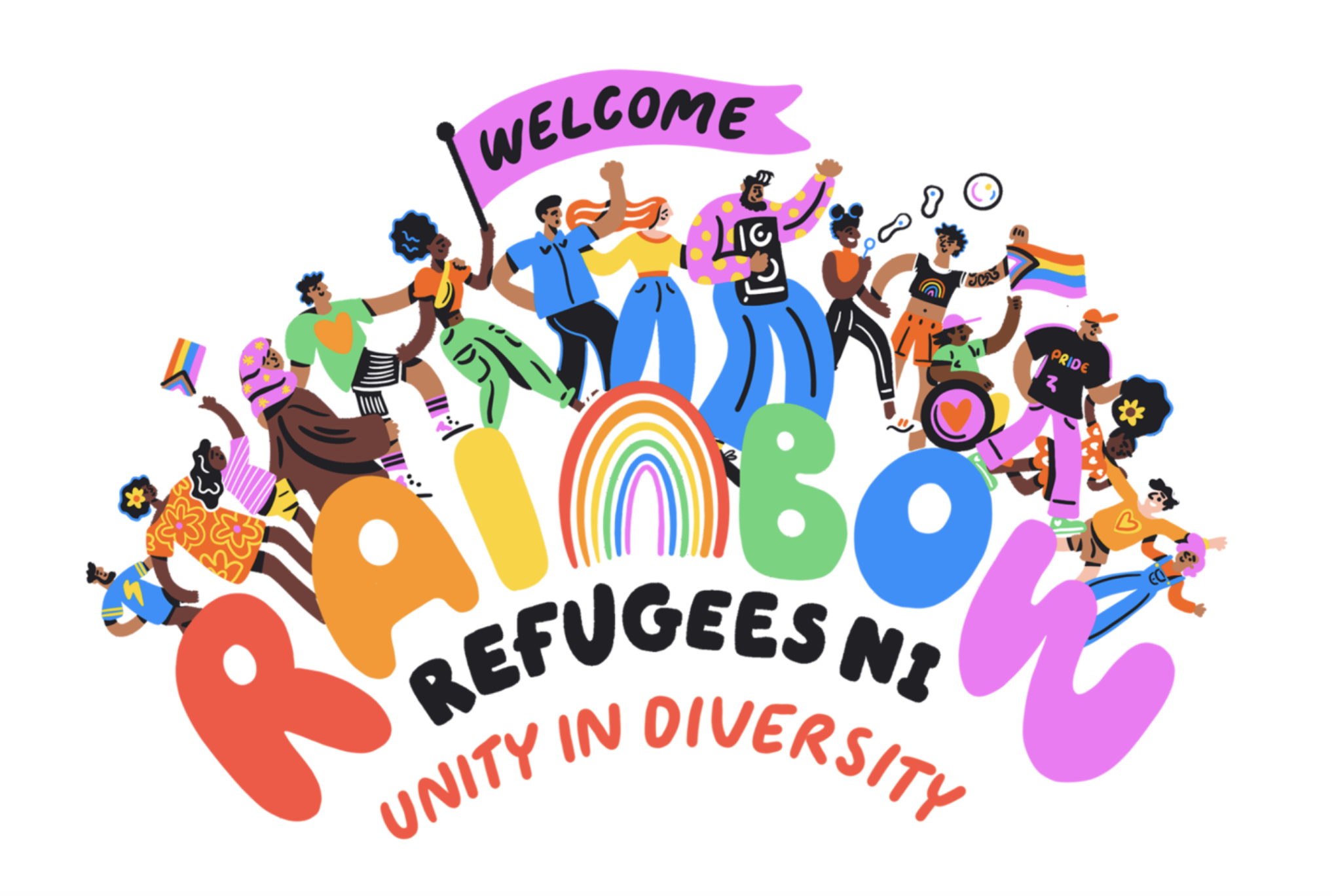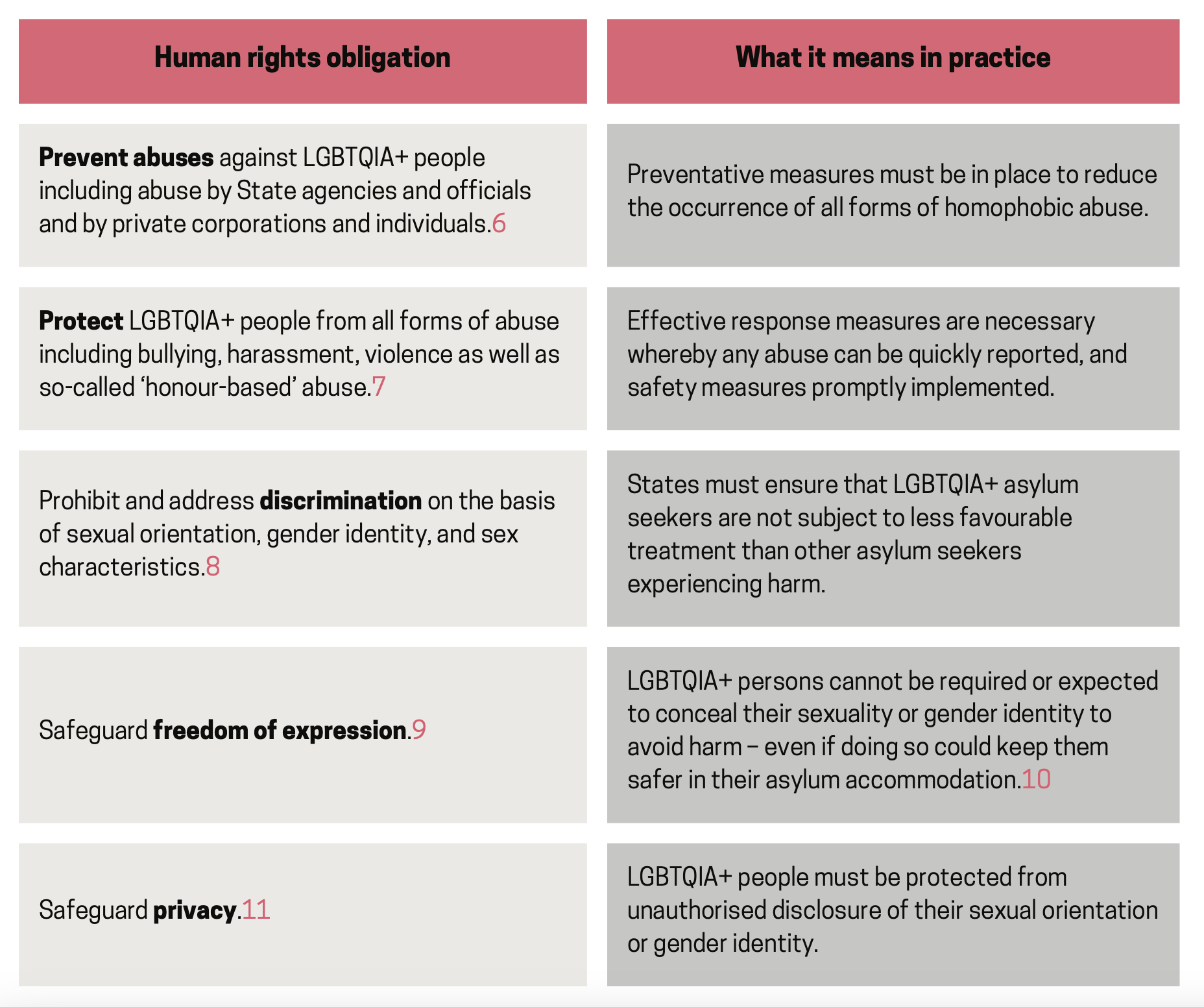No Pride in detaining LGBTQ+ asylum seekers
LGBTQ+ asylum seekers and refugees are among the most vulnerable people in already vulnerable circumstances. During refugee week last week and Pride Month, I started learning more about this intersectional issue and wanted to shine a light on it.
It’s horrifying to see that nearly 120 million people worldwide have been forcibly displaced due to persecution, conflict, violence, human rights violations, or other grave events – the highest number ever. And it is only expected to rise in the years to come. Not every refugee seeks asylum in another country, but those who do (as is their human right) need to be able to do safely.
As I’ve learnt through a brilliant charity called Rainbow Refugees NI, LGBTQ+ people (among others) are not safe in asylum accommodation. Indeed, a report they produced found that 78% of people had experienced homophobic abuse or violence in or around their asylum accommodation. This is an unacceptable figure. As one respondent said:
We left our countries because we couldn't be free to be who we are.
Being greeted by homophobia and violence is not the welcome they deserve.
This is not an issue contained to Northern Ireland either. Similar findings are found in multiple reports. Indeed, the International Detention Coalition shared a report which found: “LGBTI persons face heightened levels of harassment, discrimination, psychological abuse, physical and sexual violence by detention staff as well as other detainees… Almost universally, LGBTI persons in detention are in situations of extreme vulnerability.”
All people are entitled to safety, freedom and equality under international law. It’s time for countries receiving asylum seekers to uphold their human rights obligations.
Instead of throwing asylum seekers into mandatory detention or unsafe accommodation on a ‘no choice’ basis, Rainbow Refugees have provided helpful ways for governments to better uphold their human rights obligations in practice:
There are viable alternatives to mandatory immigration detention, asylum accommodation, and other hostile asylum systems, which are inhumane and expensive. For LGBTQI+ people and other disproportionately vulnerable people, the impact can be devastating. This is because detention takes away the freedom they have travelled so far to find, and it cuts them off from support networks. It adds layers of trauma to people trying to escape trauma. It’s important to remember that 64 jurisdictions around the world criminalise private, consensual, same-sex sexual activity. In 12 countries, these people can possibly face the death penalty for loving who they love.
As conflicts escalate around the world and as the climate crisis worsens, we are likely to see more people put in positions where they are forced to flee their homes. We cannot keep turning away from this issue. We must open the door wider to asylum seekers and refugees - especially those who are most.
And head over to Rainbow Migration to learn more about the No Pride in Detention campaign and how it is leading a coalition of more than 30 organisations.







